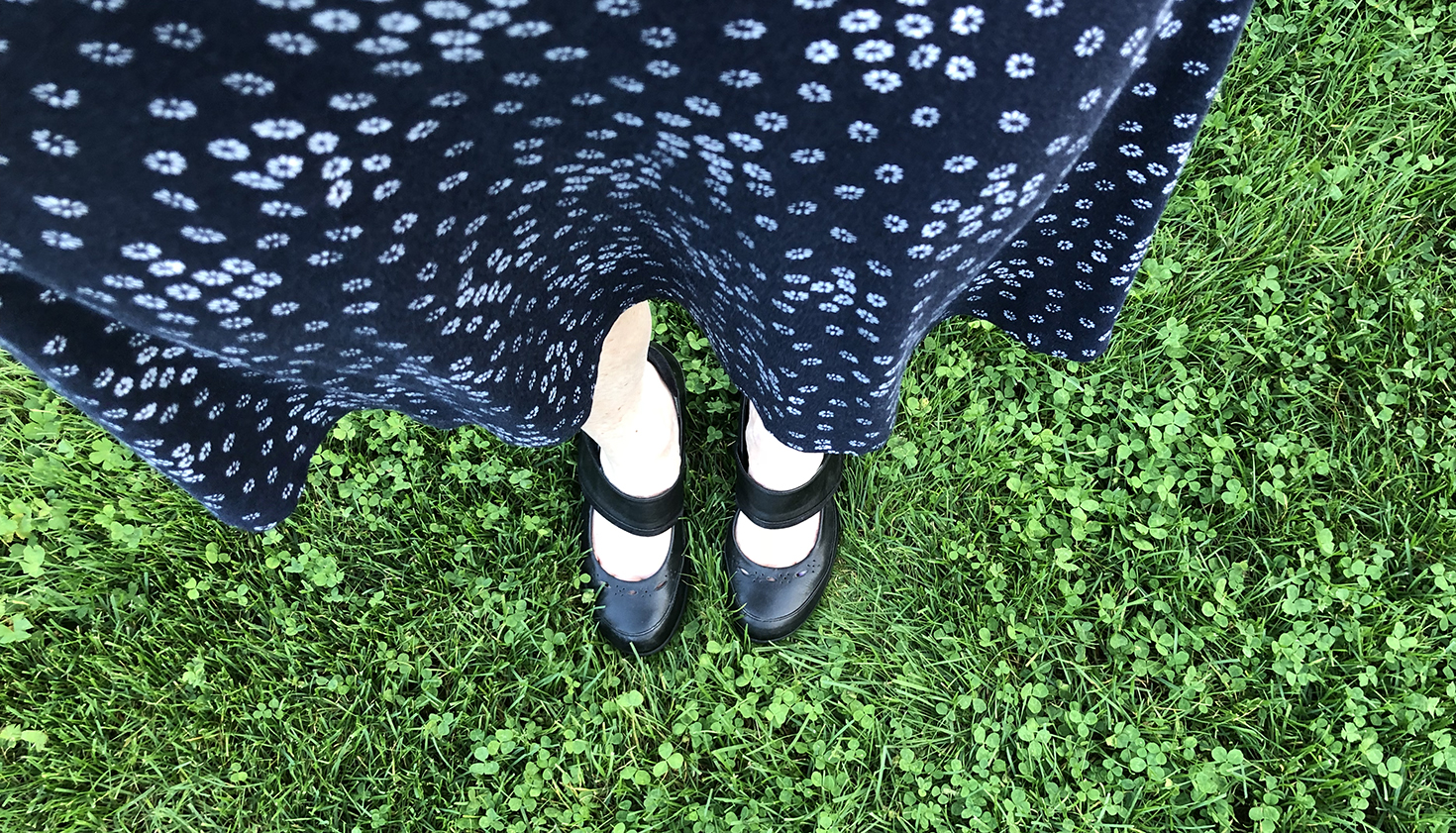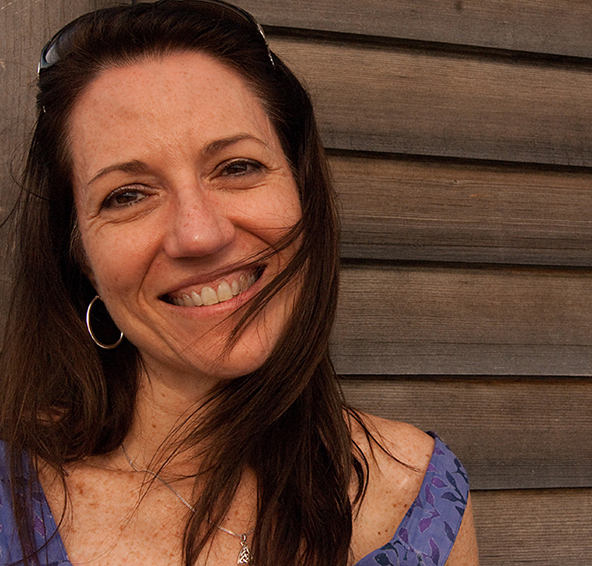It’s Ok to be Happy, Even When We’re Not

By Deborah Blackwell
A lot of people seem miserable right now, and I used to be one of them.
It’s so easy to get caught up in the stressors of life and not realize how impacted we are, or worse, even who we are.
Since birds of a feather flock together, we tend to gravitate toward others who are miserable and can support us in our unhappiness. We feel like we found an identity, call them our tribe—our community—and feel better about ourselves and our life.
After all, misery loves company.
A long time ago, I became part of a special needs advocacy group with thousands of parents all fighting the same process to help their child who was diagnosed on the autism spectrum. It felt good to belong to a group of like-minded parents on the same journey. I made close friends and we banded together in determination and support.
Raising a child on the autism spectrum can feel like living in a dark maze that takes an incredible amount of effort, diligence, and hope to survive. There are so many pitfalls, and sometimes it’s unbearable. But I had that community of supporters who held my hand, and sometimes even carried me, without asking for anything in return.
The trouble was, the misery we all felt going through the toughest times with our children became so habitual, for some, it stuck. The daily turmoil trained our minds into rote patterns of despair, pessimism, fear, and sadness.
This can happen with anything in life, whatever our issues and circumstances – health, family, work, relationships – doesn’t matter.
We can get stuck without realizing it, looking at our life and the world around us through a filter, or lens of misery, wondering when it will all change for the better, but not always seeing when it does.
But it’s not the world around us that has to change, it’s us. The way we think, feel, see, hear—the way we perceive our life—is on us. It took me a while to really get that.
When we go through things that feel unbearable for too long, we forget it’s ok to be happy.
The question is, are we willing. The road to happiness can be hard to navigate, and it takes time to work our way back. For me, it was almost as hard as raising a child on the spectrum. I had to shift every aspect of my thinking each moment, every, single day. It was like snapping a rubber band on my wrist every time I caught myself being miserable—whether in thought, words, or feelings—I had to reach for a better option. Over and over again.
I forced myself to watch happy shows, read happy books, and I tried, even desperately, to look at life with a lighter attitude, literally rerouting my habitual way of existing.
It got easier and easier.
But I’m not sure the work is ever “over,” because when the goal is happiness, the only path is deciding it’s possible right now. No matter what.
On my son’s 23rd birthday I knew we both had made it to the “other side.” And as time went on, so did many in the group, and we maintained our special—and happier—bond.
Misery loves company, but happiness makes all the difference.
